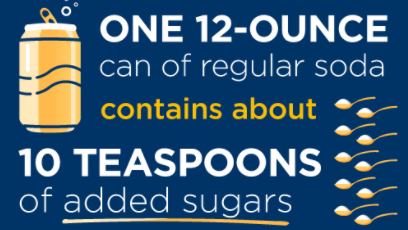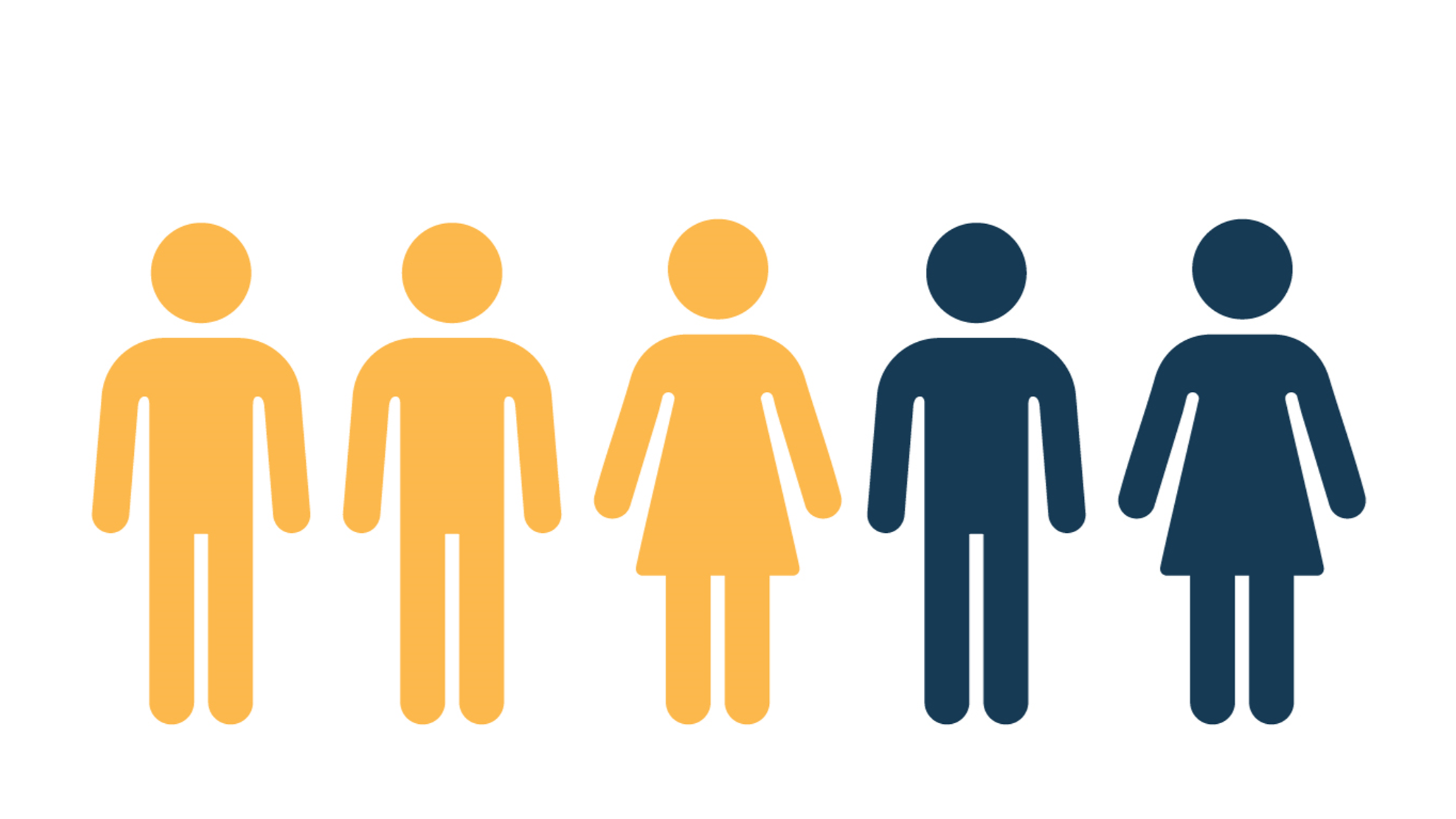 An infographic that reads: one 12-oz can of regular soda contains about 10 tsp of added sugar." />
An infographic that reads: one 12-oz can of regular soda contains about 10 tsp of added sugar." />Added sugars are sugars and syrups put in food or drinks when they are processed or prepared. Americans consume too much added sugars, which can put their health at risk. CDC supports healthy nutrition through data collection, funding, and education.
 An infographic that reads: one 12-oz can of regular soda contains about 10 tsp of added sugar." />
An infographic that reads: one 12-oz can of regular soda contains about 10 tsp of added sugar." />
Americans consume too much added sugar, which can put their health at risk. Federal recommendations are to consume less than 10% of total daily calories from added sugars.
On average each day, adult men consume 19 teaspoons of added sugars, and adult women consume 15 teaspoons of added sugars.

24% from sugary drinks, such as soft drinks, fruit drinks, sports, and energy drinks.
11% from coffee and tea that is sweetened before sale or added later.
19% from desserts and sweet snacks.
9% from candy and sugars.
7% from breakfast cereals and bars.
For a person consuming 2,000 calories a day, one 12-ounce can of soda contains nearly the maximum amount of added sugar recommended in one day.
Consuming too many sugary drinks is associated with:
The Dietary Guidelines for Americans recommends no added sugars for children younger than 2. People 2 and older should keep added sugars to less than 10% of their total daily calories. For example, if an adult consumes 2,000 calories a day, no more than 200 calories should come from added sugars. Twelve teaspoons of sugar is about 200 calories.
Places where food and beverages are sold or served can improve the availability, promotion, and consumption of healthier foods and drinks. Examples of how to do this, following the Food Services Guidelines, are to:
ECE settings can support healthy eating and drinking habits in young children by following the Caring for Our Children Child Care Standards to:
Avoid high-sugar foods and sugary drinks, including candy, cake, cookies, sodas, fruit drinks, and sports and energy drinks.
Ensure access to drinking water and other healthier drinks in ECE programs, including:
Water has zero calories. Replacing sugary drinks with unsweetened water can help reduce the amount of added sugars people drink.
Offer healthier drink options, including:
Providing data on US consumption of added sugars to inform programs and policies.
Funding and supporting states and communities to implement nutrition standards that can help reduce intake of added sugars.
Providing resources and information to early care and education providers to help reduce high consumption of added sugars.
Educating the public by implementing mass communication and social media campaigns to reduce high consumption of added sugars, including those from sugary drinks.